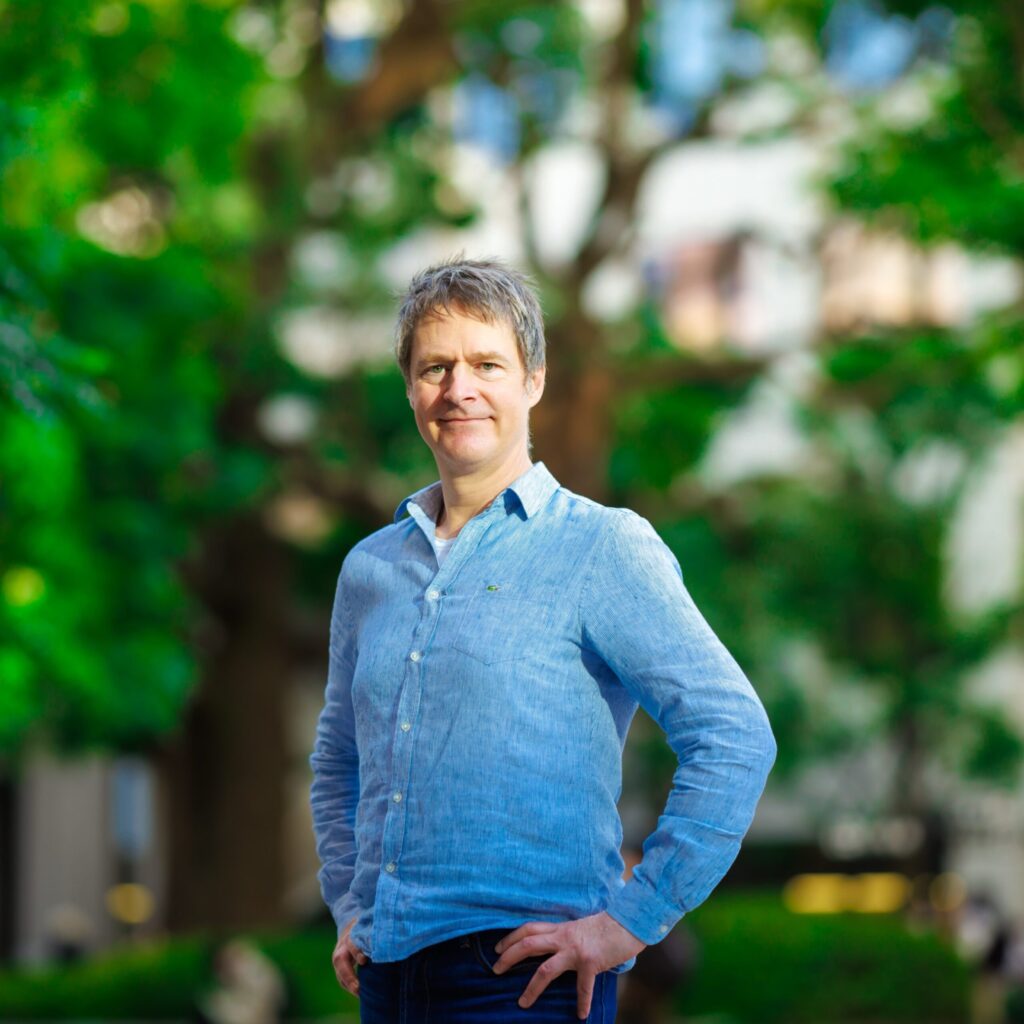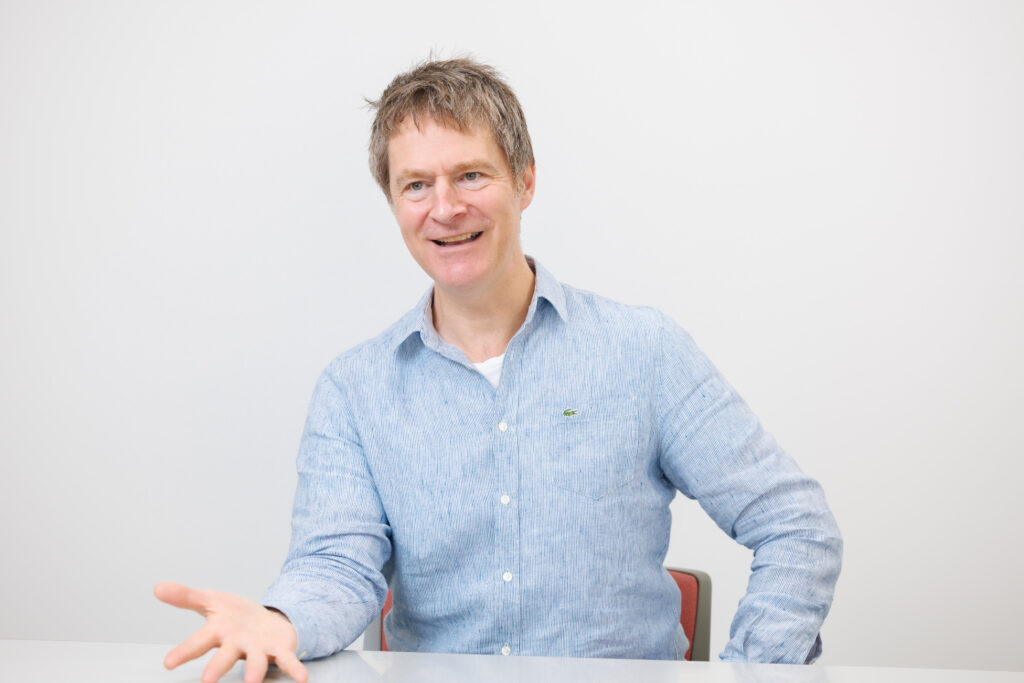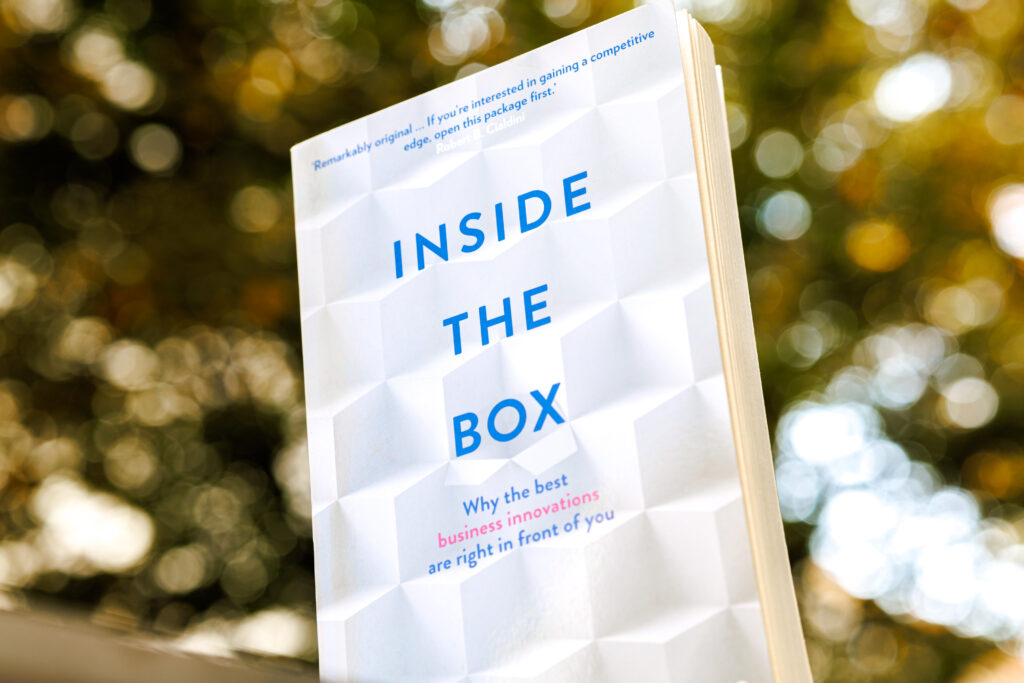
Professor DeMaeyer of the Faculty of Liberal Arts collects data and employs various analytical methodologies in his marketing research connected with solving global issues. Possessing many years of experience at the forefront of business, what is his role now as a researcher?
What is striking about my field, marketing, is that it has an extremely wide array of applications in many other areas such as anthropology, psychology, sociology, statistics, econometric analysis, and ICT. There are those that make the mistake of thinking that marketing is essentially just about selling things. It’s actually about persuading people to change their actions. Recently, academic journals have appeared with the theme of connecting marketing methodologies even with solving global issues such as climate change.
When I started doing research, I was interested in using mathematical models and quantitative data to shed light on marketing’s inner workings, but my interests expanded to economic perspectives and unraveling the psychological aspects of consumer behavior. When I was working at a consulting firm, I was in charge of developing marketing strategies using statistical models and quantitative data for a number of clients including Coca Cola.
The energy of business and the freedom of academia

In the field of marketing, top global corporations and the Silicon Valley tech giants are at the cutting edge. My impression is that these companies are about 5 years ahead of the curve compared with academic research and theory. New technologies are constantly being introduced, and the amount of new data groups that can be used is very rich.
On the other hand, enterprises are constantly faced with new problems one after the other, so there wasn’t enough time for me to analyze everything going on thoroughly enough for my own satisfaction. This is where academia comes in. Doing research allows me the time to carefully dig much more deeply into topics of my choice.
In each industry, there are professionals who have been engaged in the business for a long time. However, it is impossible to grasp everything about the market from the latest psychological findings in academia to the trends in various industries. As a researcher, I believe it is my job to go back and forth between different areas and think about the whole picture from a top-down perspective. The motivating factor for me is all of the new people and ideas that I encounter through doing marketing research.
BOP marketing in the metaverse creates countless research opportunities
For the past 3 years or so, I’ve been doing a study on financial online marketing. I’ve just finished gathering a lot of data on American consumers’ information security measures. With that in hand, I will analyze it and consider things like what consumers should be careful of when logging into their bank accounts, their level of knowledge regarding security, and awareness about how to deal with viruses based on user segment.
Going forward, I want to continue doing meaningful research in emerging fields. There are many research topics that are growing in importance, such as a good number of issues piling up within digital marketing in the metaverse.
I am also intrigued by marketing research referred to as Base of the Pyramid (BOP), which brings attention to low-income people that make up the majority of the world’s population. BOP is not about corporations donating a portion of their profits to assist low-income people. Rather, it is a concept aimed at developing best practices between the two parties and envisioning this relationship as a future market. Even areas like this allow for marketing research to contribute in numerous ways. The number of new research themes that emerge is endless.
The book I recommend
“Inside The Box: Why the best business innovations are right in front of you”
by Drew Boyd and Jacob Goldenberg, Profile Books

This book explains five methods for developing new products and innovation such as the “subtraction technique” and the “task unification technique.” I was convinced by the claim that it is limitations rather than complete freedom that unlocks the mind’s ability to be creative. The book is also helpful when refining your ideas.
-
Peter DeMaeyer
- Associate Professor
Department of Liberal Arts
Faculty of Liberal Arts
- Associate Professor
-
After a long record of professional experience and earning his PhD, Peter DeMaeyer was a faculty member at Georgetown University, Singapore Management University, and College of Management Mahidol University. He has taught Introduction to Marketing, Marketing Research, New Product Development and Consumer Behavior, and conducted various executive training seminars and workshops in the areas of Advertising, New Products, and Marketing Research. He joined Sophia University in 2018.
- Department of Liberal Arts
Interviewed: November 2022